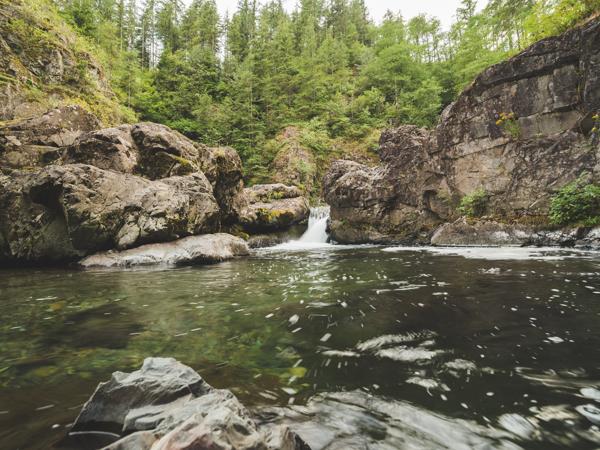Camping enthusiasts often find themselves seeking sustainable solutions that harmonize with nature. One essential aspect of camping is ensuring access to clean water. While various methods can be employed, sustainable water filters are increasingly becoming the go-to choice for eco-conscious adventurers. Let’s delve into what makes a water filter sustainable and explore some notable options available.
What Makes a Water Filter Sustainable?
A sustainable water filter reduces environmental impact by focusing on three main aspects: materials, longevity, and efficiency. Here’s what to look for in a sustainable water filter:
- Eco-friendly Materials: Sustainable filters often use biodegradable or recyclable materials, minimizing the footprint left behind.
- Reuse and Longevity: Filters that can be cleaned and reused for extended periods prevent the waste associated with single-use solutions.
- Energy and Resource Efficiency: Filters that don’t rely on batteries or other non-renewable resources rank higher on sustainability.
Hollow Fiber Membrane Technology
One of the most common sustainable water filter technologies is hollow fiber membranes. This technology efficiently removes bacteria and protozoa without the need for chemicals or additional resources.
- Sawyer Mini Filter: Lightweight and versatile, this filter can attach to a hydration pack or used as a straw. Its filters can handle up to 100,000 gallons with proper maintenance. Sawyer Products are committed to providing reliable, durable options for outdoor enthusiasts.
Plant-Based Carbon Filters
Carbon filters, especially those derived from plant sources such as coconut shells, offer a biodegradable solution for eliminating odors and improving the taste of filtered water.
- LifeStraw Flex: Offers dual filtration with activated carbon and a hollow fiber membrane, reducing heavy metals and bacteria. This filter integrates with various bottle options, offering flexibility and sustainability.
Gravity-fed Filtration Systems
Another great sustainable option is gravity-fed filtration systems. They use natural gravity to filter large volumes of water, making them especially useful for group campsites.
- Platypus GravityWorks: With no pumping required, this system filters water quickly and efficiently. It’s designed to filter up to 1,500 liters per cartridge. Platypus emphasizes eco-conscious manufacturing practices to reduce environmental impact.
DIY Natural Water Filters
For the truly adventurous, creating a natural filter from locally sourced materials can be an educational and sustainable option. By layering sand, charcoal, and gravel, you can construct an effective makeshift water filter. While this is not a foolproof method, it serves as a temporary solution in emergencies.
Proper Use and Maintenance
No matter the choice of filter, proper use and maintenance extend its life and ensure its efficiency:
- Regular Cleaning: Follow instructions to clean and store the filter properly after each use.
- Avoid Freezing: Never let the filter freeze, as this can damage filtering mechanisms.
- Check for Wear and Tear: Regularly inspect filter components for any signs of wear.
Sustainable water filters offer environmentally responsible solutions for safe hydration during camping trips. By choosing options that minimize ecological impact, campers can enjoy the serene beauty of nature without contributing to its degradation.




